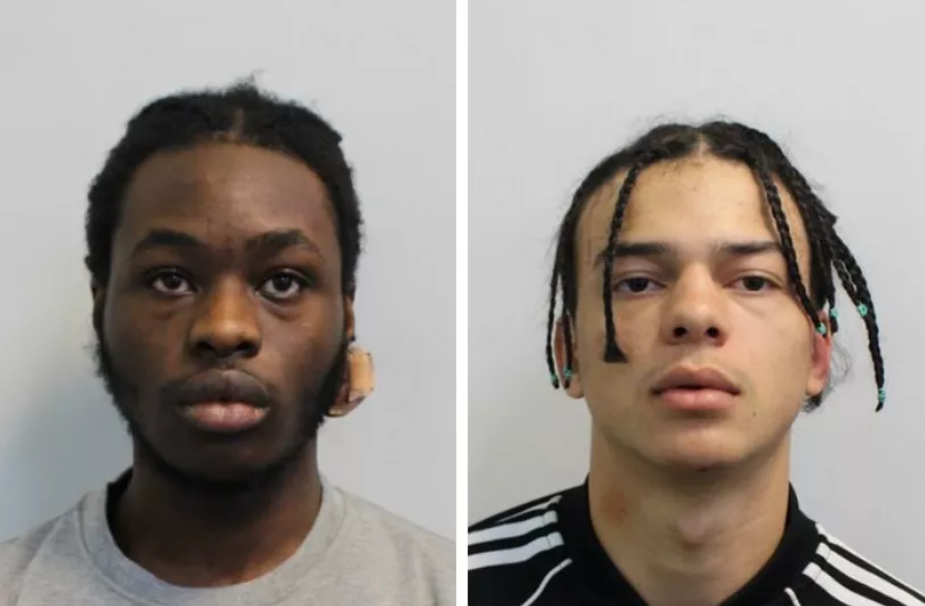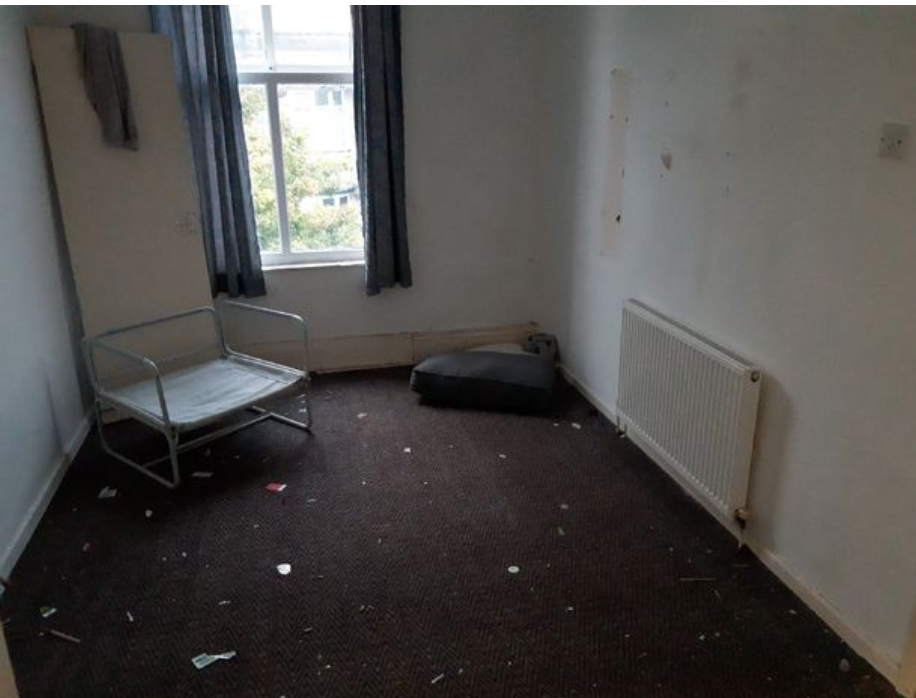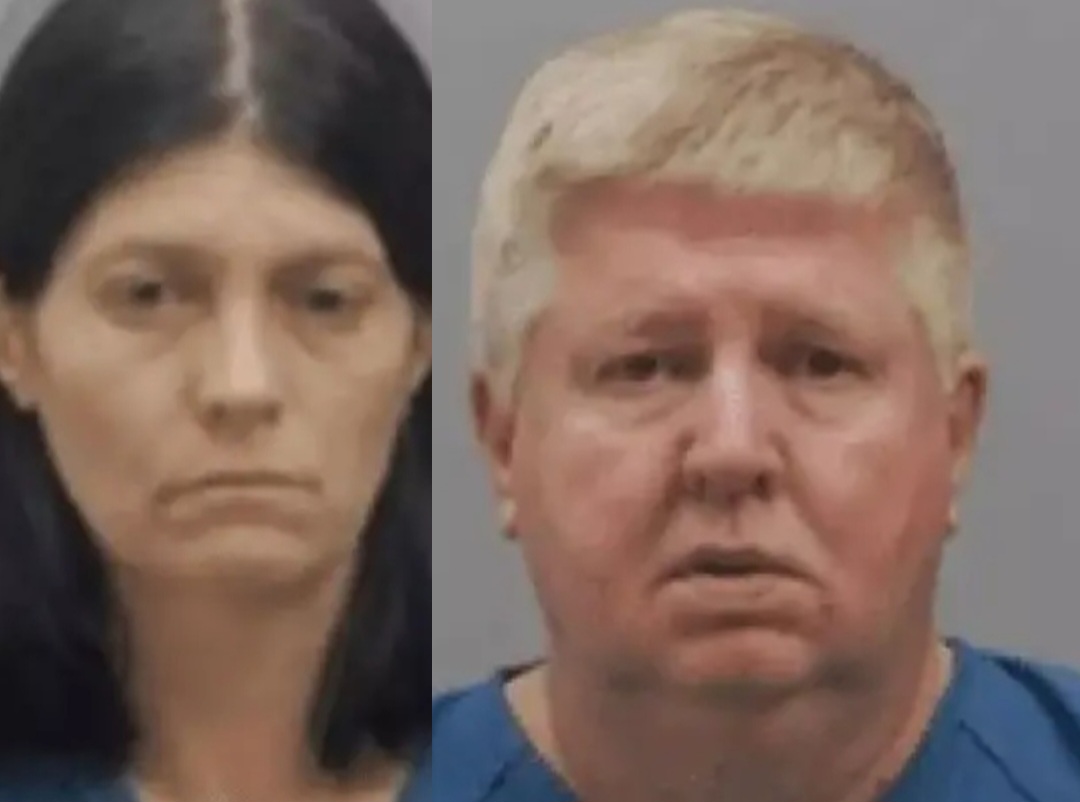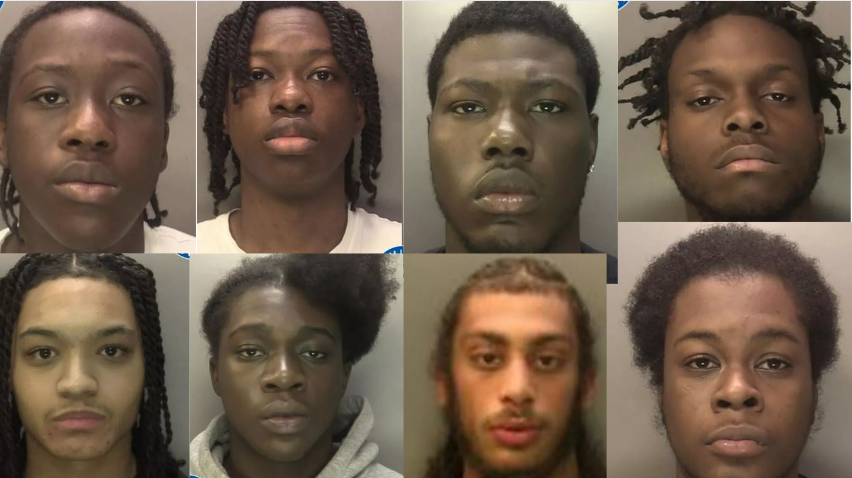Drugs Gangs Who Kidnapped Children Forced Them To Starting Selling Drugs in London, Sentence To 19rys Imprisonment

A drugs gang that groomed missing children from South London to sell drugs in another city has been given prison sentences totaling over 19 years. Three men and a woman pleaded guilty to the charges during their trial at Kingston Crown Court. The police used various methods such as CCTV, Automatic Number Plate Recognition, and communication data to gather evidence against them.
The operation began when a 15-year-old boy from Lewisham went missing and was located over 200 miles away in Hull through his mobile phone data. The police quickly located the boy and another missing 16-year-old in an abandoned house that the gang had taken over for drug-related activities. The police also found evidence of drug storage and preparation in the house. Both men involved in the gang were arrested, although one tried to escape but was caught.
Inside the house, the conditions were extremely poor, with only one bed for the four individuals and no furniture. The teenagers appeared unwashed and were relieved to see the police arrive. They had been directed to carry out drug deals day and night. The police also arrested another member of the gang, who had driven the teenagers to Hull.

The investigation continued, and the police gathered evidence to bring charges against the gang members for both drug offenses and Modern Day Slavery. The gang had exploited the vulnerable teenagers by using them to transport and sell drugs. The police also emphasized a safeguarding approach, focusing on protecting the victims rather than criminalizing them. This approach has proven effective in securing stronger sentences for Modern Slavery offenses.

Detective Chief Inspector Dan Mitchell, who has been in the police force for over 20 years, explained that the police have been actively working to dismantle County Lines operations since 2019. County Lines involve drug gangs from major cities like London, Liverpool, Manchester, and Birmingham targeting smaller cities as markets for their drugs, primarily crack cocaine and heroin.
The task force faces a complex and large-scale problem, with around 300,000 drug users driving the demand for these drugs in the UK. County Lines operations are often linked to violence, as gangs use weapons to enforce drug debts. The police have recovered guns, knives, and tasers in their efforts to combat these gangs.
To address the issue, the police are working with charities and organizations to divert children away from criminality. They aim to prevent young people from getting involved in County Lines and becoming victims of exploitation. Additionally, the police have shifted their tactics to prioritize high-risk missing persons cases, allowing them to intervene quickly and gather evidence to bring stronger Modern Slavery charges against the leaders of County Lines operations.
The gang involved in the case was sentenced to a combined total of over 19 years in prison. The sentences highlight the seriousness with which the police and the justice system treat the use of children as drug runners. In this case, the prosecution was carried out without the children providing statements to the police, emphasizing that those who exploit children will be caught and face justice, even without victim cooperation.
The police’s Operation Orochi, which was established in November 2019, has been working in partnership with 26 county forces to target and shut down County Lines operations and bring offenders to justice. Since April 2022, they have conducted multiple operations, rescued 33 children, and charged 31 individuals with Modern Slavery offenses. The rescued children were referred to Children’s Services for support and protection.




